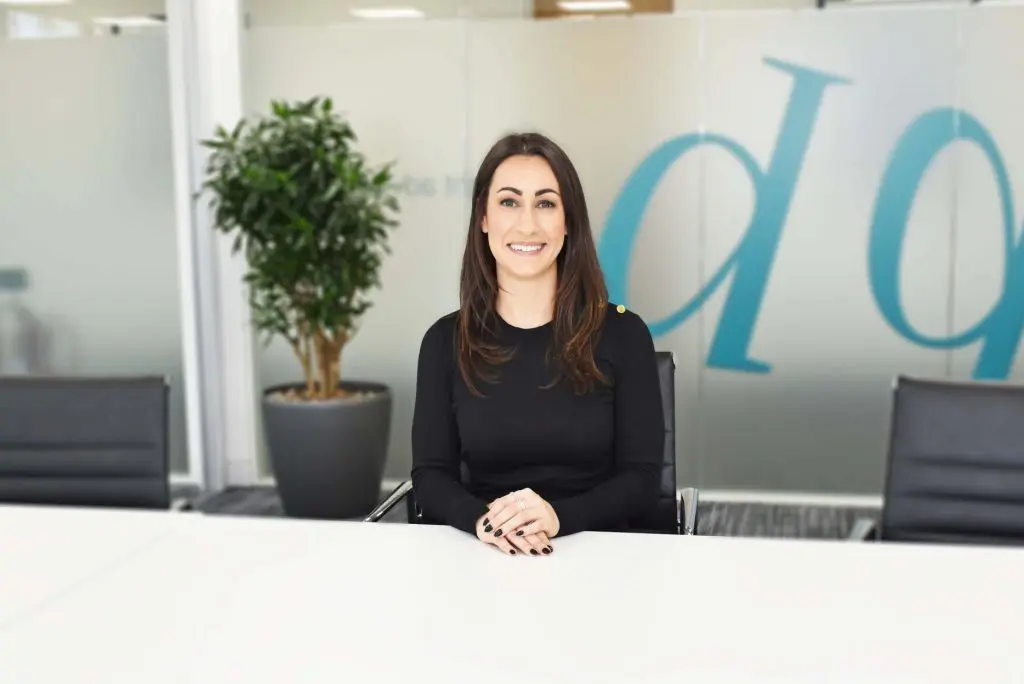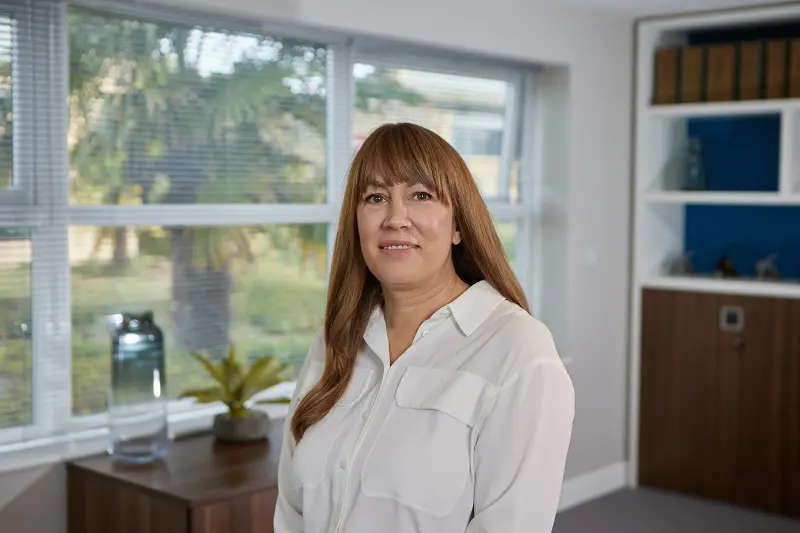You’ve worked hard all your life. It’s time to hand over the reins, put your feet up and enjoy your retirement. Sounds simple.
Recent research revealed that a significant number of people don’t know for how long they’ll need a pension income after they retire. The survey found that 55-65 year olds are more likely to say they need an income for no more than 20 years than for 21 years or more.
However, statistics show that life expectancy for a 65 year old is 21-24 years on average – so a third of pension scheme members risk underestimating the time they’ll need a pension income.
The five-year plan
The last five years of your working life is the period that could make or break your retirement. On the plus side, this is often when you have the disposable income to put more into your pension (for example, if you’ve paid off your mortgage or your children have finished university). Conversely, as your pension fund will by then be relatively large, any gains or loses will be more significant, with little time to recover or take advantage of investment opportunities.
It’s also worth remembering that a pension is only part of your retirement planning. You’ll need to consider all your assets as a whole.
There are five key factors to think about:
- What does your retirement look like? What will it cost, and so, what income will you need?
- What assets do you have to achieve your plans?
- On current assets, what is a reasonable estimate of your retirement income?
- How are you likely to take the pension benefits?
- How are you likely to use other assets? Can you increase those assets before retirement?
You’ll need to plan an appropriate investment strategy up to retirement. And, as retirement approaches, you should review it each year in case your circumstances change. It’s good to start this at least five years before you’re due to retire. But it’s never too late – any plan is better than no plan at all.












